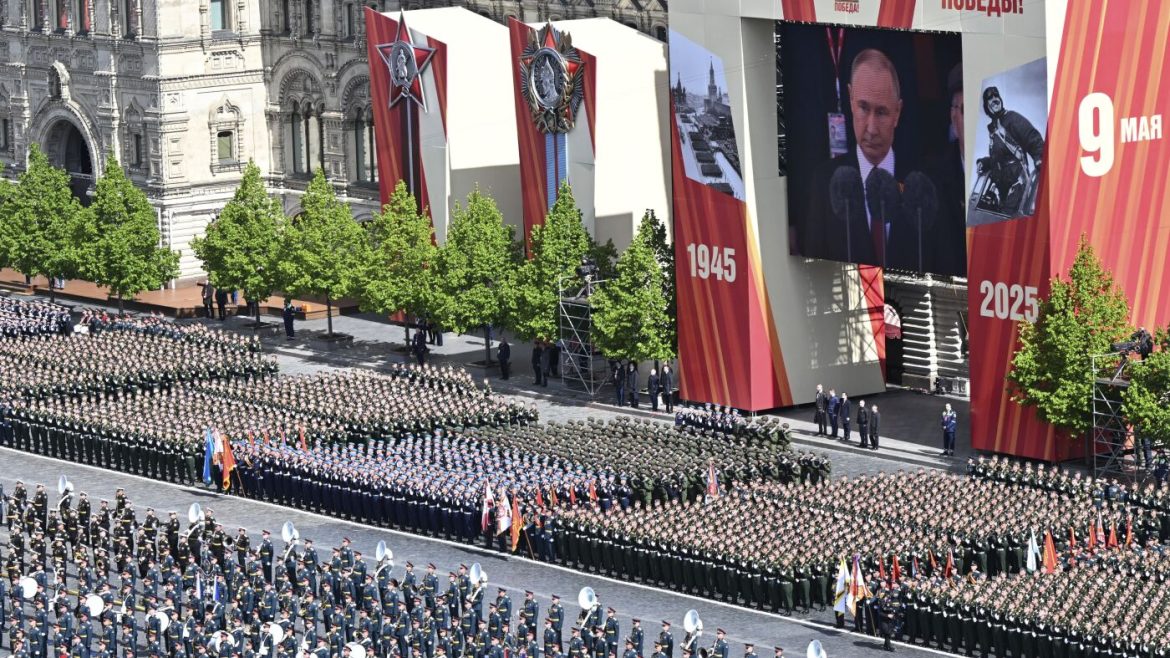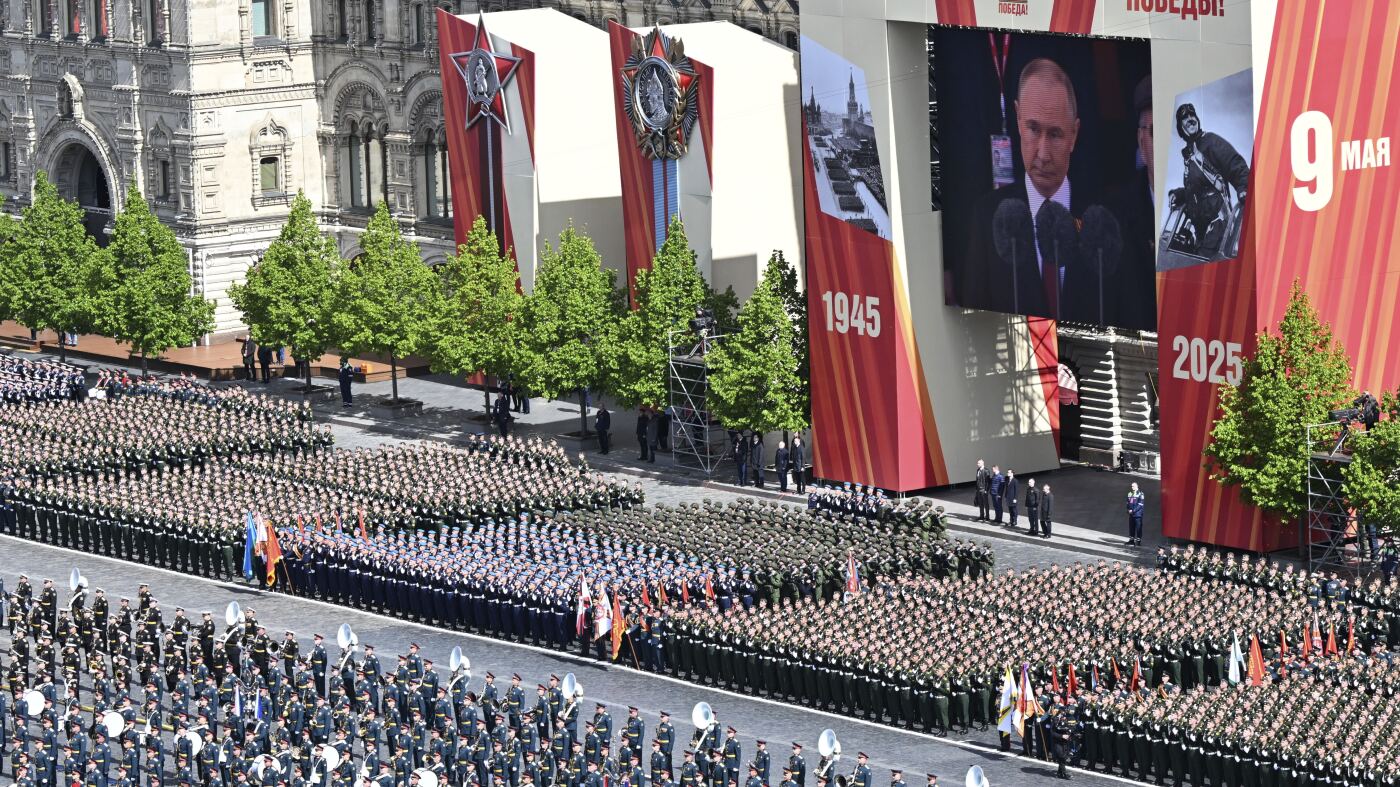The Significance of Russia’s 80th Anniversary of Victory Over Nazi Germany
A Nation’s Pride and Remembrance
Russia’s commemoration of the 80th anniversary of the defeat of Nazi Germany is a poignant reminder of the country’s pivotal role in World War II. This year, the celebrations were marked by a grand military parade on Red Square, attended by President Vladimir Putin and a myriad of international dignitaries, including Chinese President Xi Jinping and Brazilian President Luiz Inácio Lula da Silva. The event underscored the significance of Victory Day, which has evolved into Russia’s most important secular holiday, symbolizing national pride and resilience.
The Grand Parade and Global Attention
The military parade on Red Square was a spectacle of Russia’s military might, featuring tanks, missiles, and troops marching in unison. This display of power was not just a show of strength but also a tribute to the sacrifices made by the Soviet people during the war. The presence of world leaders added a layer of international significance to the event, highlighting Russia’s enduring influence on the global stage. The parade was a stark reminder of the country’s historical role in defeating Nazi Germany and the ongoing relevance of its military prowess.
Historical Context and Modern Implications
The 80th anniversary of the defeat of Nazi Germany holds profound historical significance. Victory Day, celebrated on May 9, marks the day when the Soviet Union accepted Nazi Germany’s unconditional surrender. This day is a testament to the Soviet Union’s critical role in turning the tide of World War II, particularly after the Battle of Stalingrad in 1943, which marked a turning point in the war. The parade and associated ceremonies serve as a reminder of the sacrifices made by millions of Soviet soldiers and civilians, who played a crucial role in liberating Europe from Nazi occupation.
The Immortal Regiment and Public Participation
In addition to the military parade, the celebrations included the Immortal Regiment march, a civilian procession where people carry portraits of their relatives who fought in the war. This march has become a cherished tradition, symbolizing the collective memory and gratitude of the Russian people. It underscores the personal and emotional connection that Russians have with their World War II heritage, making the commemoration a deeply personal and communal experience.
International Reactions and Diplomatic Maneuvers
The presence of world leaders, particularly Chinese President Xi Jinping, added a diplomatic dimension to the celebrations. Xi’s visit underscored the growing strategic partnership between Russia and China, which has been a focal point of global geopolitics. The absence of many European leaders, however, highlighted the complex geopolitical landscape and the ongoing tensions between Russia and the West. This dichotomy reflects the broader context of international relations, where Russia’s historical victories are often viewed through the lens of contemporary conflicts.
The Battle of Leningrad and Enduring Legacy
The 80th anniversary also marked the lifting of the siege of Leningrad, a pivotal moment in the war that showcased the resilience and determination of the Soviet people. The commemoration in St. Petersburg, attended by President Putin, honored the heroic defenders of the city and underscored the enduring legacy of the war. The battle of Leningrad remains a symbol of the Soviet Union’s unwavering spirit and its ultimate victory over Nazi Germany.
A Celebration Amidst Ongoing Conflicts
The 80th anniversary celebrations took place amidst the backdrop of the ongoing conflict in Ukraine, adding a layer of complexity to the commemorations. While Russia celebrated its historical victory, the world watched with a mix of admiration for the historical significance and concern over current geopolitical tensions. The parade and associated events served as a reminder of the sacrifices made in the past and the ongoing challenges that the world faces today.
Conclusion
A Day of Remembrance and Reflection
The 80th anniversary of the defeat of Nazi Germany in Russia is more than just a historical commemoration; it is a day of remembrance, reflection, and celebration. The military parade, the Immortal Regiment march, and the presence of world leaders all contribute to a narrative of resilience, sacrifice, and victory. As Russia continues to navigate the complexities of modern geopolitics, the legacy of its World War II triumph remains a beacon of national pride and a reminder of the enduring spirit of its people. This anniversary serves as a poignant reminder of the past, a call to reflect on the present, and a beacon of hope for the future.


